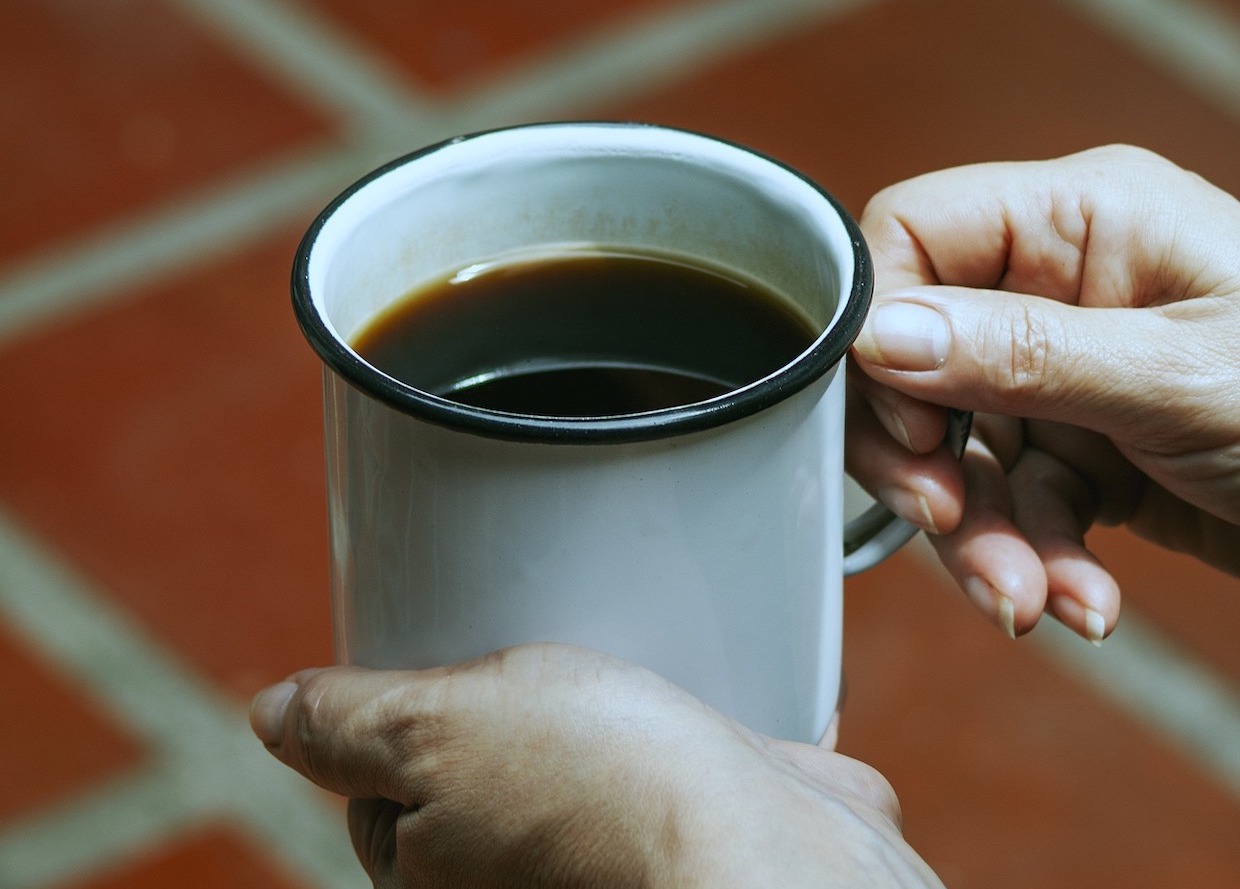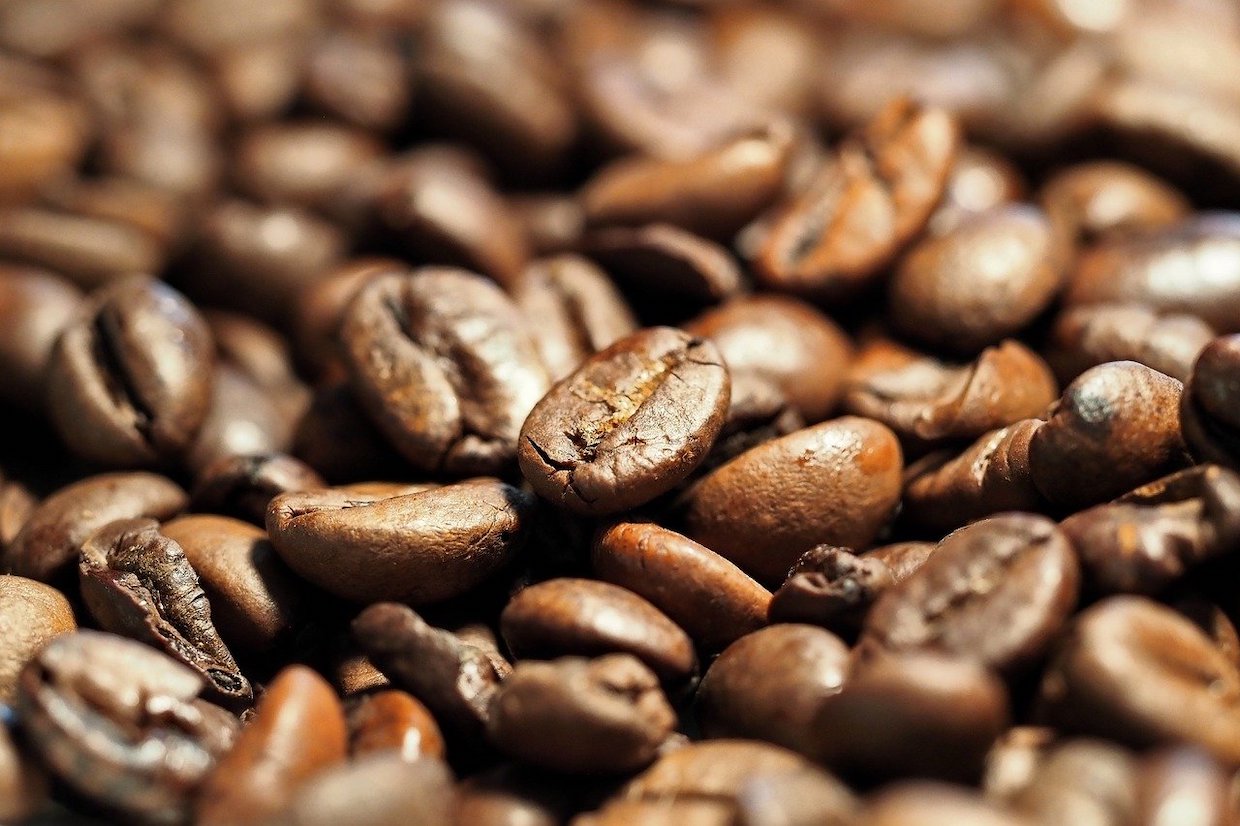A recent study from researchers in China associates two to three cups of coffee per day with the lowest risk of both anxiety and depression among all coffee drinkers and non-coffee-drinkers alike.
However, the study found mixed results for people who drank more or less than that amount, while depression and anxiety incidence was also affected by variables such as the type of coffee, or by additives such as milk or sweeteners.
In their conclusion, the study authors offered this arresting statement: “Our findings support the recommendation that moderate coffee consumption could be part of a healthy lifestyle to prevent and manage depression and anxiety in the general population.”
The study itself was published the Elsevier-owned journal Psychiatry Research. Funding came from three separate Chinese scientific research agencies, and the authors said the groups had no role in the study design or in approving the manuscript.
The study utilized data from the UK Biobank, a mass observational cohort that has yielded a wealth of research on coffee consumption and human health over the past decade.
The study involved 146,656 participants (63,860 men and 82,796 women), 80.7% of whom reported being coffee drinkers. Just over 41% of participants reported drinking two to three cups per day, representing the largest proportion of consumers.
Using information from surveys conducted between 2006 and 2010, the statistical analysis showed that three cups of any kind of coffee daily was associated with the lowest risk of both depression and anxiety. One to three cups of unsweetened coffee per day was also associated with lower risk of both.
People who consumed more than six cups of any kind of coffee per day were associated with heightened risked.
Additionally, the study showed that people who reported drinking two to three cups of instant (soluble) coffee daily were associated with reduced depression risk, but not reduced anxiety. The research also found that drinking sugar-sweetened or artificially sweetened coffee showed no meaningful statistical correlation with anxiety or depression risk.
The full study can be found here. See more of DCN’s coffee and health coverage here.
Does your coffee business have news to share? Let DCN’s editors know here.








Comment